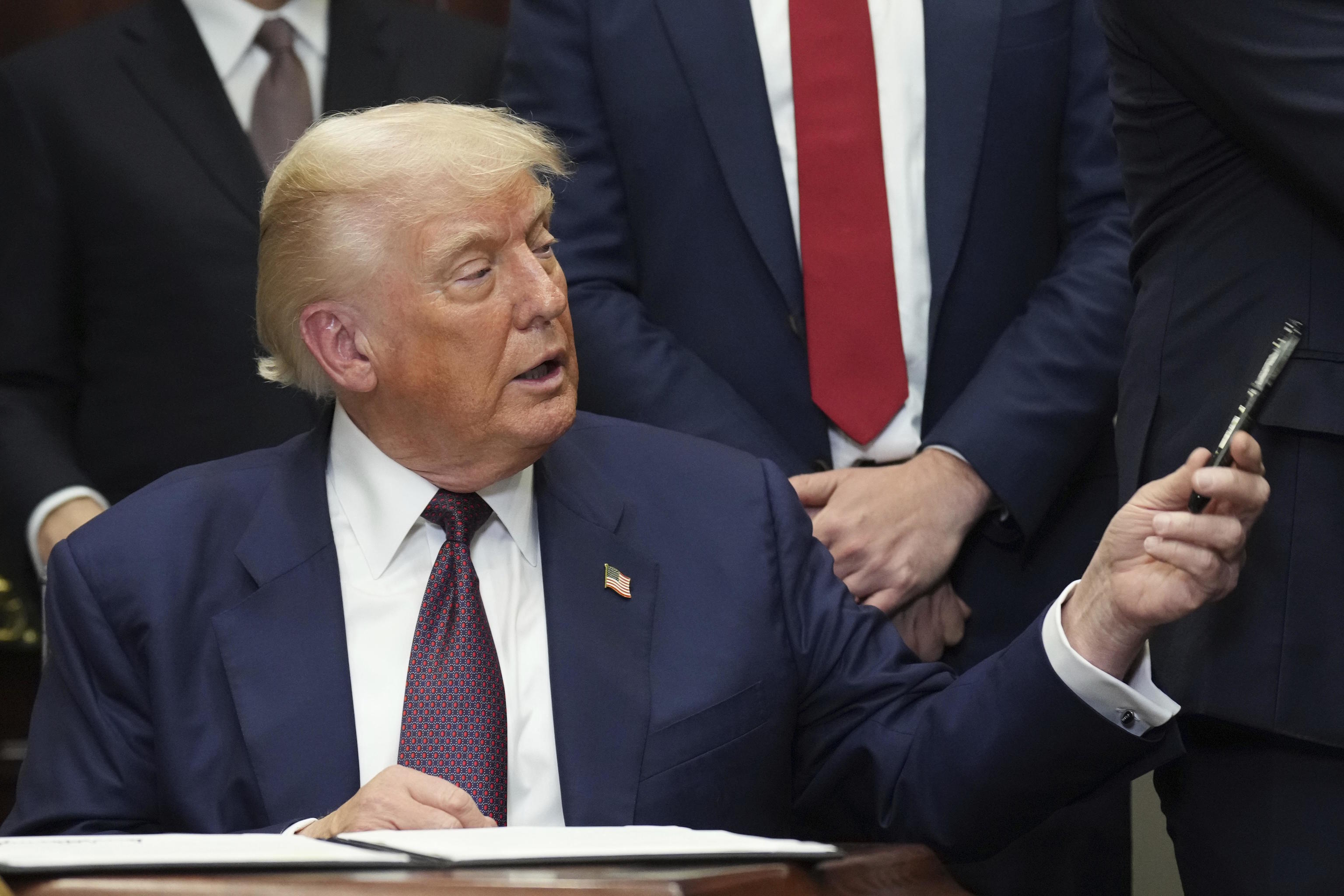A federal judge ruled on Thursday against the plans of President Donald Trump's administration and extended Temporary Protected Status for 60,000 people from Honduras, Nicaragua, and Nepal.
Temporary Protected Status (TPS) prevents the deportation of beneficiaries in the country and allows them to work. The Trump administration has actively sought to eliminate this protection, making more people eligible for deportation, as reported by AP.
The Secretary of Homeland Security, Kristi Noem, can extend Temporary Protected Status to immigrants in the United States if conditions in their home countries are deemed unsafe to return due to a natural disaster, political instability, or other dangerous conditions. Noem had decided to end protections for tens of thousands of Hondurans and Nicaraguans after determining that conditions in their home countries no longer justified them.
Noem stated that both countries had made "significant progress" in their recovery since the passage of Hurricane Mitch in 1998, one of the deadliest Atlantic storms in history.
The designation for around 7,000 people from Nepal was set to expire on August 5, while protections allowing 51,000 Hondurans and nearly 3,000 Nicaraguans who have been in the US for over 25 years were expiring on September 8.
Federal District Judge Trina L. Thompson in San Francisco did not set an expiration date but decided to maintain the protections while the case is being resolved. The next hearing is on November 18.
In a written order, Thompson stated that the government terminated the immigration status protections without an "objective review of country conditions", such as political violence in Honduras and the impact of recent hurricanes and storms in Nicaragua.
If the protections were not extended, immigrants could face job loss, loss of medical benefits, separation from their families, and the risk of being deported to countries where they have no ties, she wrote, adding that terminating TPS for people from Nepal, Honduras, and Nicaragua would result in a $1.4 billion loss to the economy.
"The freedom to live without fear, the opportunity for freedom, and the American dream. That's all the plaintiffs seek. Instead, they are told to pay for their race, to leave because of their names, and to purify their blood," Thompson said.
Lawyers from the National TPS Alliance argued that Noem's decisions were predetermined by Trump's campaign promises and motivated by racial animus.
Thompson agreed, noting that Noem and Trump's statements perpetuated the "discriminatory belief that certain immigrant populations will replace the white population."
"Color is neither a poison nor a crime"
The activist group that filed the lawsuit said that typically designees have a year to leave the country, but in this case, they received much less time.
"They were given two months to leave the country. It's terrible," indicated Ahilan Arulanantham, attorney for the plaintiffs during a hearing on Tuesday.
The Foreign Minister of Honduras, Javier Bú Soto, stated on the social network X that the ruling was good news.
"The decision recognizes that the plaintiffs seek to exercise their right to live freely and without fear during the litigation," Bú Soto wrote. He added that the government would continue to support Hondurans in the US through its consular network.
In the November 18 hearing, the Honduran side and the US government will present their arguments to the judge, who will then make a permanent decision on whether to revoke Trump's decision or confirm it.
"In any case, the losing party will undoubtedly challenge, and the road may be long," said Honduran Vice Chancellor Antonio García to The Associated Press.
The official mentioned that in 2018, during Trump's first term, Honduras faced a very similar situation, and the judicial process took five years, during which TPS remained in effect.
In that sense, he hopes that this time, the process will also take a long time, for the benefit of Hondurans living in the US.
"Today's news is hopeful and positive... it gives us time and breathing room, hoping that the road will be long, and the judge will have the final say, not President Trump," he emphasized.
Meanwhile, in Nicaragua, hundreds of thousands of people have gone into exile as the government shuts down thousands of non-governmental organizations and imprisons political opponents. Nicaraguan President Daniel Ortega and his wife and co-president, Rosario Murillo, have consolidated total control in Nicaragua since Ortega returned to power two decades ago.
In February, a UN panel of experts warned that the Nicaraguan government had dismantled the last remaining checks and balances and was "systematically implementing a strategy to cement total control of the country through serious human rights violations."
The US government's plan to curb immigration extends to people who are in the country illegally but has also been eliminating protections that have allowed people to live and work in the US temporarily.
The Trump administration has already ended protections for nearly 350,000 Venezuelans, 500,000 Haitians, over 160,000 Ukrainians, and thousands of people from Afghanistan and Cameroon. Some cases are still being processed in federal courts.
The government argues that Noem has clear authority over the program, and her decisions reflect the government's goals in immigration and foreign policy areas.
"It is not intended to be permanent," emphasized Department of Justice lawyer William Weiland.
